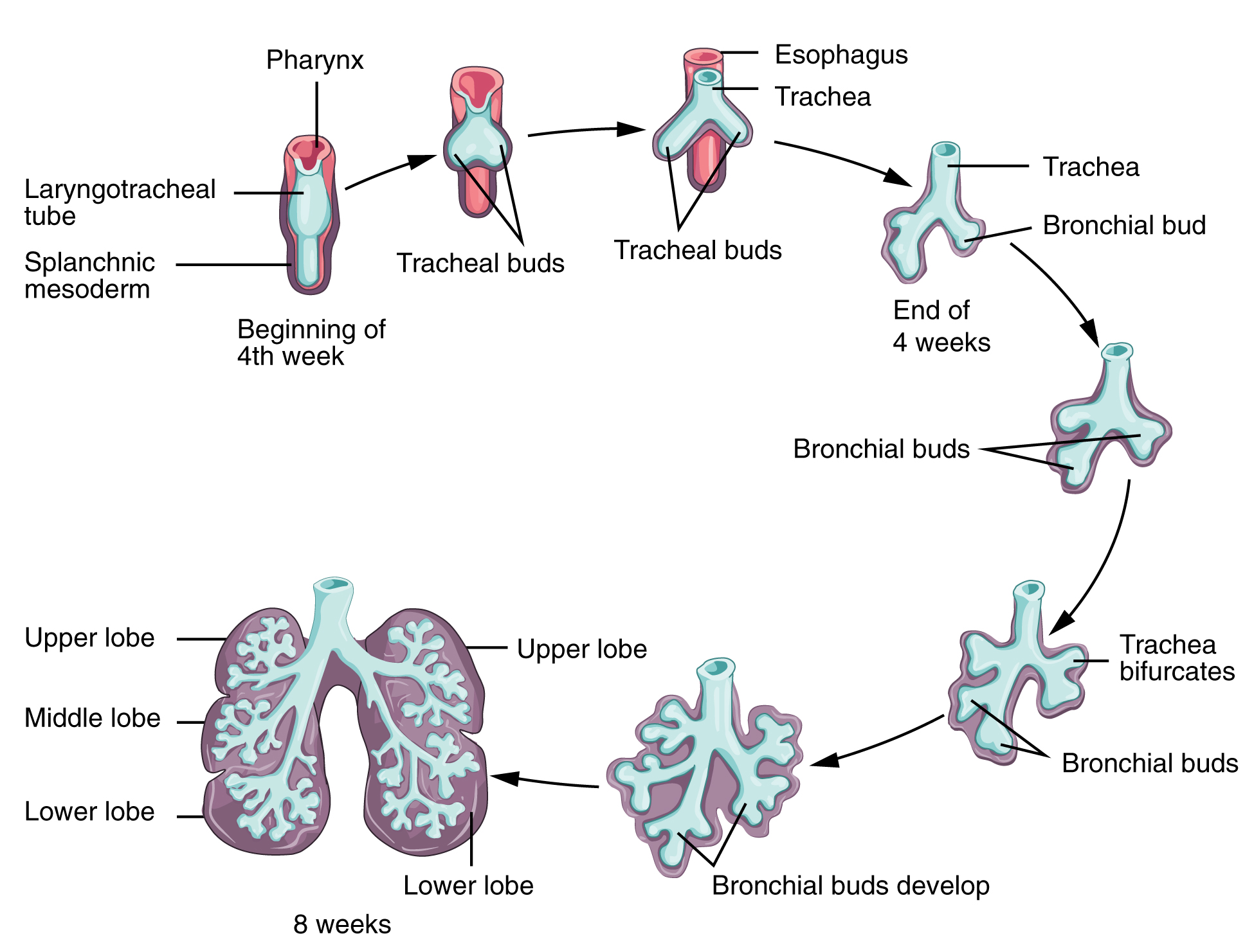
As parents, we always want to make sure that our babies are healthy and well taken care of. One of the most critical aspects of infant health is their lung development. In this article, we will discuss everything you need to know about baby lung development, including how it works, what factors can affect it, and how you can support your child’s lung health.
Table of Contents
How Baby Lungs Develop in the Womb

The development of a baby’s lungs begins early in pregnancy, around week four. The lungs start as small buds in the chest and continue to grow and develop throughout the pregnancy. By week 16, the air sacs in the lungs start to form, and by week 24, the baby’s lungs begin to produce surfactant, a substance that helps keep the air sacs open and prevents them from collapsing.
Factors that Affect Baby Lung Development

Several factors can affect a baby’s lung development. Here are some of the most significant factors:
- Maternal smoking: Smoking during pregnancy can harm a baby’s lung development, increasing the risk of respiratory problems.
- Premature birth: Babies born prematurely may not have fully developed lungs, increasing their risk of respiratory problems.
- Genetics: Some genetic factors can affect lung development, making some babies more susceptible to respiratory problems.
- Poor air quality: Exposure to air pollution and other environmental toxins can affect lung development.
How to Support Your Baby’s Lung Health

While some factors that affect lung development are beyond our control, there are things you can do to support your baby’s lung health:
- Avoid exposure to smoke: If you smoke, quit. If you don’t smoke, avoid exposure to secondhand smoke.
- Breastfeed your baby: Breastfeeding can help boost your baby’s immune system, reducing the risk of respiratory infections.
- Practice good hygiene: Regular hand washing and keeping your baby away from sick people can reduce the risk of respiratory infections.
- Avoid air pollution: Try to keep your baby away from areas with heavy traffic or other sources of pollution.
When to Seek Medical Help

While most babies have healthy lung development, some babies may experience respiratory problems. Here are some signs that you should seek medical help:
- Rapid or difficult breathing
- Chest retractions (when the skin between the ribs pulls in during breathing)
- Wheezing or whistling sounds when breathing
- Cyanosis (bluish tint to the skin or lips)
If you notice any of these symptoms, contact your baby’s doctor immediately.
Conclusion
Baby lung development is a critical aspect of infant health. By understanding how it works, what factors can affect it, and how you can support your baby’s lung health, you can help ensure that your baby grows up healthy and happy.
Frequently Asked Questions
Q: Can premature birth affect baby lung development?
A: Yes, babies born prematurely may not have fully developed lungs, increasing their risk of respiratory problems.
Q: How can I support my baby’s lung health?
A: You can support your baby’s lung health by avoiding exposure to smoke, breastfeeding your baby, practicing good hygiene, and keeping your baby away from areas with heavy air pollution.
Q: What are some signs that my baby may be experiencing respiratory problems?
A: Some signs of respiratory problems include rapid or difficult breathing, chest retractions, wheezing or whistling sounds when breathing, and cyanosis (bluish tint to the skin or lips).
Q: When should I seek medical help for my baby’s respiratory problems?
A: If you notice any of the above signs, contact your baby’s doctor immediately.
Q: Can genetics affect baby lung development?
A: Yes, some genetic factors can affect lung development, making some babies more susceptible to respiratory problems.
